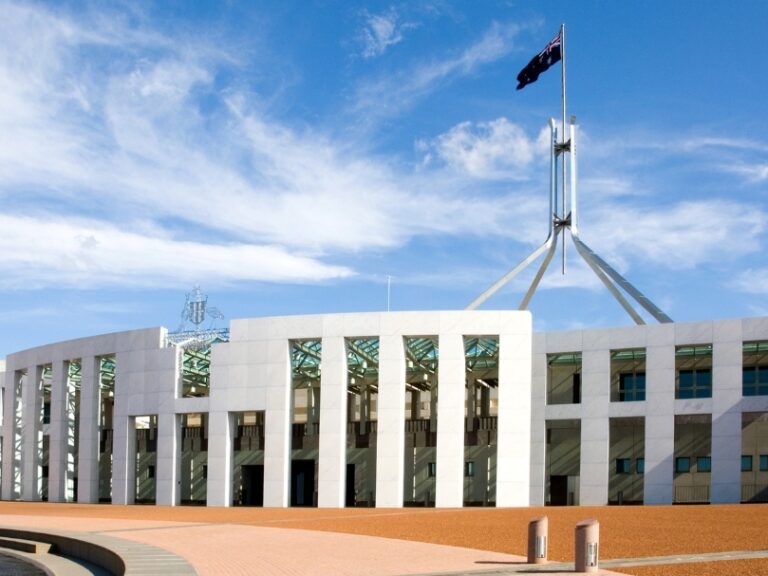
Business interruption in a COVID-19 Australia
COVID-19 has directly and indirectly affected the operation of many Australian businesses, leaving many with lost earnings. Some businesses have turned to their insurers to claim on their business interruption (‘BI’) insurance policies. However, most current BI policies are not intended by insurers to cover a pandemic, and most include some form of exclusion.
With approval from the Australian Financial Complaints Authority (‘AFCA’), the Insurance Council of Australia (‘ICA’) and some of its members agreed to run two test cases in the courts, to solidify interpretations of these insurance contracts. AFCA and the insurers will follow the rulings of the final judgments in both test cases when assessing whether BI claims would be covered. It is therefore anticipated that many BI claims will not be finalised until these two test cases have concluded.
What happened in the first test case?
The first test case concerned the interpretation of an exclusion clause related to disease outbreaks, based on the Quarantine Act 1908 (Cth) (‘Quarantine Act’). It involved two insurers and their insured:
- A tourist park, with coverage between 28 February 2020 to 28 February 2021; and
- A retail business, with coverage between 11 May 2019 and 11 May 2020.
The insurers declined these claims on 10 July 2020 and 7 May 2020 respectively.
The court examined the exclusion clauses, which had almost identical wording for the two policies. The policy wordings state that cover does not apply for “other diseases declared to be quarantinable diseases under the Australian Quarantine Act 1908 and subsequent amendments.”
The Quarantine Act was repealed on 18 June 2016, years before either policy incepted and was replaced by the Biosecurity Act 2015 (Cth) (‘Biosecurity Act’). The Biosecurity Act was a new regulatory framework, with different standards and procedures:
- Under the Quarantine Act, the Governor-General may declare a disease to be a quarantinable disease.
- Under the Biosecurity Act, the Director of Human Security may determine a disease to be a listed human disease.
COVID-19 was determined to be a listed human disease under the Biosecurity Act on 21 January 2020. However, it was never declared a quarantinable disease under the Quarantine Act, nor would be expected given the Quarantine Act is no longer the relevant reference point for the Government.
The insurers sought declaration from the NSW Court of Appeal that the exclusion should be read to include reference to the Biosecurity Act as a “subsequent amendment” of the Quarantine Act, or as an obvious mistake. The insured sought declaration that COVID-19 was not a quarantinable disease under the Quarantine Act and hence the exclusion did not apply.
On 18 November 2020 the NSW Court of Appeal found that COVID-19 did not trigger the exclusion under the Quarantine Act.
The Court’s ruling comes out of a thorough discussion of the legal principles around interpretation of contracts, and it is outside the author’s expertise to attempt to relay the more intricate details accurately. However, it is important to note that contracts are interpreted on their express words – an objective intent – rather than the parties’ subjective intentions and beliefs. The result is that the NSW Court of Appeal rejected both arguments from the insurers and decided in favour of the insured. Though the judgment did not turn on this point, some judges on the NSW Court of Appeal noted that the outcome could have been avoided with more careful drafting of the policy wording.
The insurers appealed to the High Court of Australia. On 25 June 2021, the High Court of Australia dismissed the insurers’ application for special leave to appeal, not finding sufficient doubt in the NSW Court of Appeal decision.
Interlude – a point of contrast
A Victorian restaurant, Vanilla Lounge, held a BI policy for which the exclusion referenced human biosecurity emergencies declared under the Biosecurity Act and its subsequent amendments and successors. This policy avoided the issues discussed in this test case, but other questions arose.
This legal dispute was focused on the causal factor required by the exclusion clause – whether it was the declaration itself of a human biosecurity emergency (Vanilla Lounge’s preferred construction), the disease specified in the declaration (insurer’s preferred construction), or the human biosecurity emergency declared (construction of the Federal Court of Australia).
The case concerned whether the wording sufficed to exclude cover for loss caused by the disease. To this the Court said “no” and that an emergency was required, but stated that its construction was closer to the one offered by the insurer, than that from the insured. The Court was not asked to determine on whether the closures were caused by the emergency.
These cases illustrate the importance of precise policy wording.
What’s next?
The decision of the NSW Court of Appeal for the first test case stands. However, this does not necessarily mean payout for many businesses.
The second test case will be on other policy wordings, including government mandates, proximity to outbreak, and disease definitions. The insured involved include a range of business sectors and locations. The Federal Court of Australia will hear the second test case in August 2021, and the proceedings in this court will conclude in 2021.
The ICA has stated that the final judgments of both test cases will apply to all of Australia (regardless of location), and to claims outside AFCA’s jurisdiction. On class actions, the ICA has stated it is unlikely they will cover issues significantly different from what will be addressed in these two test cases. The ICA noted the lengthy time to resolution in a class action, and the additional litigation funding costs and legal fees involved.
Nevertheless, while the insurance industry awaits results from the second test case, some businesses are not confident that their insurers will pay their claims. Gordon Legal lodged class actions against QBE and Lloyds earlier this month. As law firms and litigation funders investigate further potential cases where businesses believe their insurer has wrongly denied their claim, we may see more of such disputes arise over the coming months.
References below link to the Court of Appeal judgment and High Court transcript, and further information. If readers are more interested in the legal take, some law firms have also written their own analysis on this, and have put up class action registration webpages for affected businesses.
References and further reading |
CPD: Actuaries Institute Members can claim two CPD points for every hour of reading articles on Actuaries Digital.






